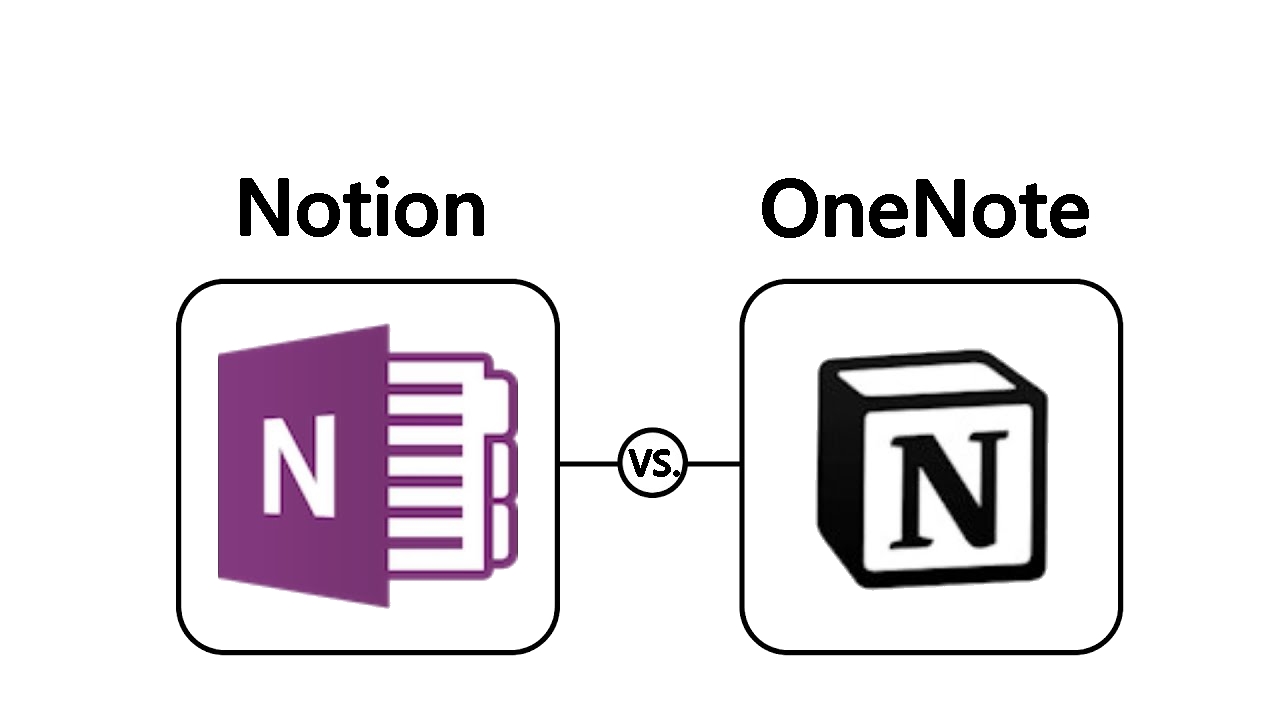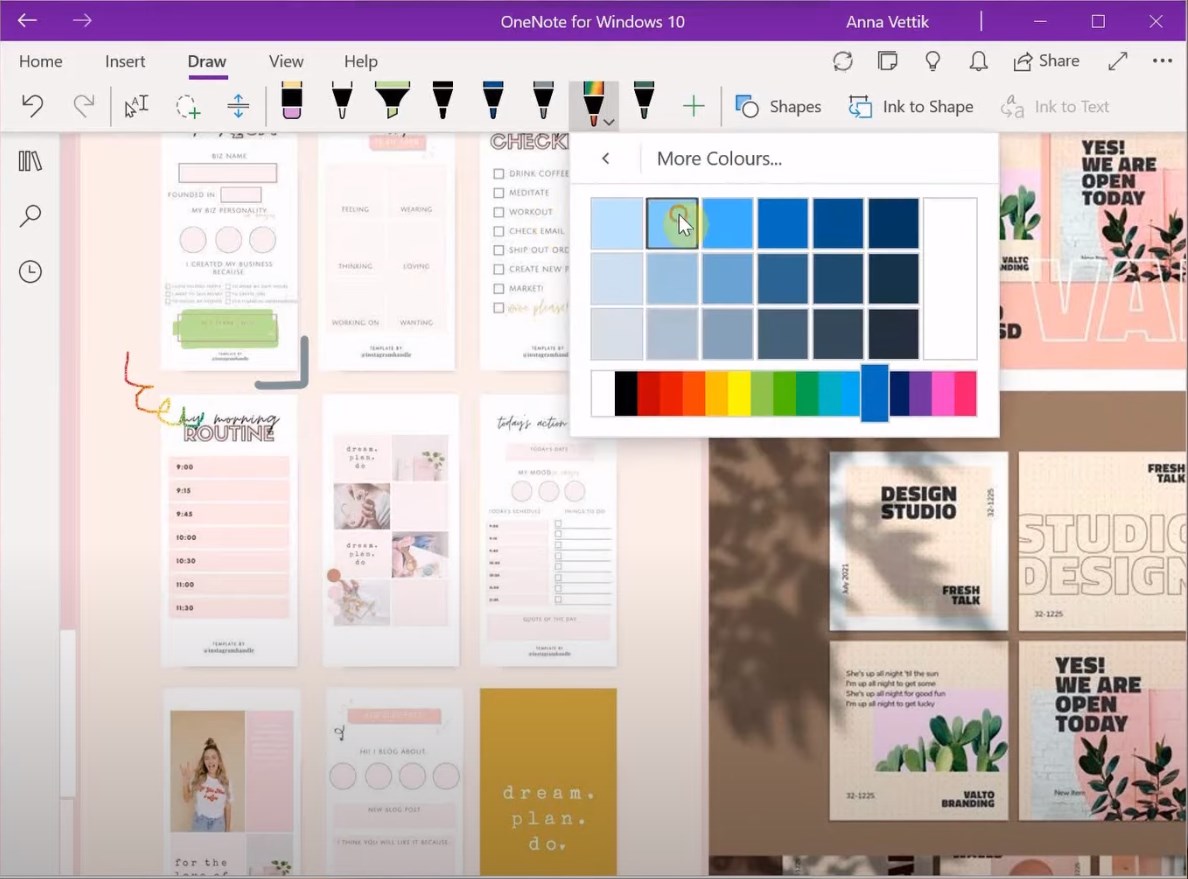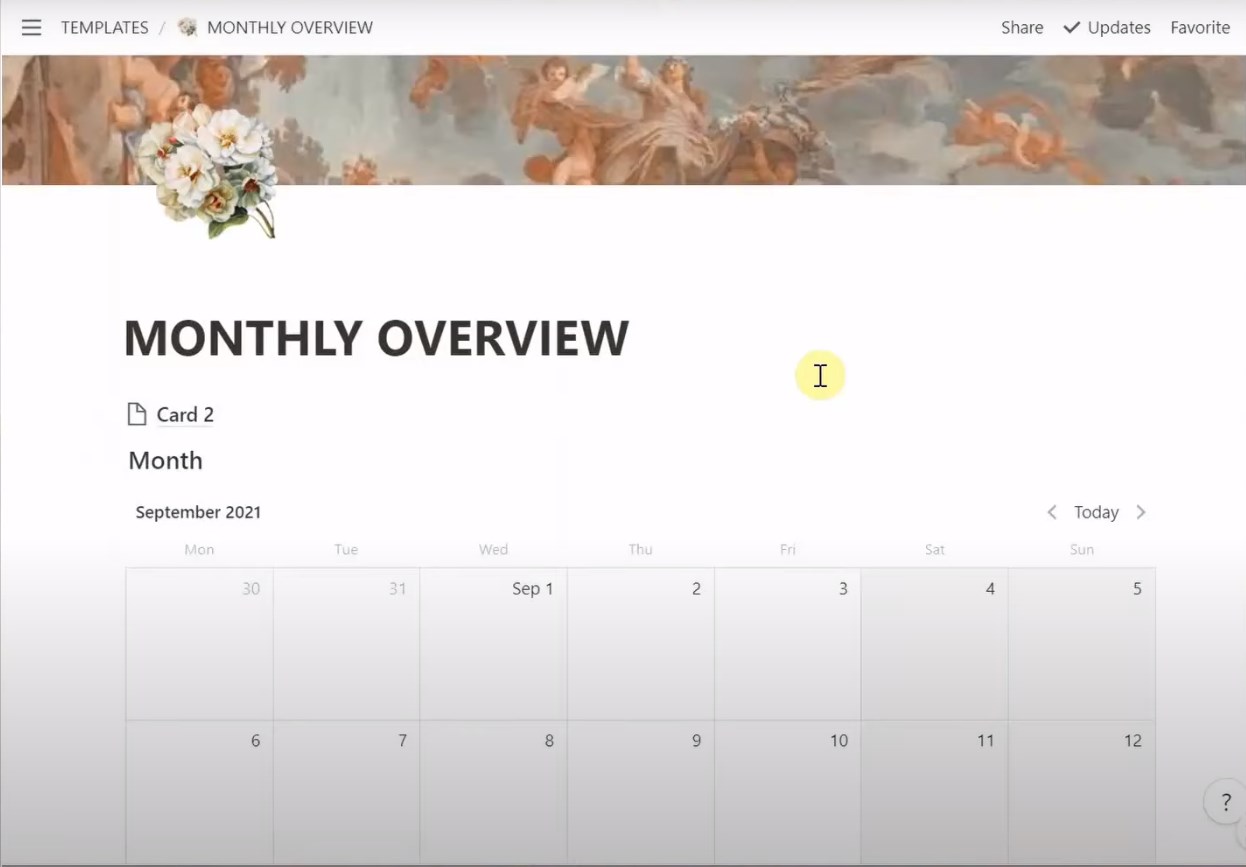Welcome to an in-depth analysis and comparison of two widely recognized organizational tools, Notion and Microsoft’s OneNote. This article serves as a guide to exploring the distinctive features, utilities, and applications of each tool, providing a comprehensive understanding of their respective strengths and limitations.

It’s analogous to a duel between seasoned and emerging champions in the realm of organizational tools, with each vying for the title of the ultimate productivity companion.
In the realm of organizational tools, Notion and Microsoft OneNote serve as prominent figures, each embodying different philosophies regarding note-taking and organizational processes. They are significant platforms, commonly utilized in professional environments to enhance productivity and organizational cohesion.
Microsoft’s OneNote implements a conventional methodology, with a core focus on the creation and organization of notes. It is meticulously crafted to provide a user experience that is both seamless and uncomplicated. OneNote excels in areas where simplicity and straightforwardness are paramount. Its main features include:

In contrast, Notion presents a more multifaceted approach, extending its functionality beyond mere note-taking to include task management, database creation, and the development of wikis. Notion stands out due to its:

While OneNote values simplicity and seamless integration, making it ideal for individuals seeking a straightforward solution, Notion leans towards flexibility and customization, catering to those who require a broad spectrum of applications in task and project management.
Before embarking on a more nuanced exploration, it’s crucial to examine a comparative overview of both platforms to comprehend how they match up in various aspects such as plans, user-friendliness, and features.
(Include an in-depth comparison table, weighing the different aspects such as Pricing, Availability of Free Version, Ease of Use, etc., between Notion and OneNote, and declaring a winner in each respective category.)
The following comparative table will delineate the key components of each platform, assisting users in discerning which tool aligns best with their needs.
| Features | Notion | OneNote | Winner |
| Pricing | Paid plans start at $8/user/month. | Mostly free, with Microsoft 365 plans available. | OneNote |
| Free Version Availability | Generous free plan with limited features. | Comprehensive free version with core features. | OneNote |
| Ease of Use | Has a learning curve due to advanced features. | Simple and user-friendly interface. | OneNote |
| Customization Options | Highly customizable templates and layouts. | Limited customization options. | Notion |
| Integration Capabilities | Integrates with limited external apps. | Seamless integration with Microsoft Suite. | OneNote |
| Collaboration Features | Extensive collaboration and sharing features. | Basic sharing and collaboration features. | Notion |
| Flexibility | Can create databases, wikis, and manage tasks. | Primarily focused on note-taking. | Notion |
| User Interface | Modern and clean with a focus on user experience. | Traditional and straightforward. | Notion |
| Storage Limitations | Limitations depending on the plan. | 5GB on free plan, more with Microsoft 365. | OneNote |
| Offline Access | Available on paid plans. | Available for free. | OneNote |
| Customer Support | Chat, Email, and Priority Support on paid plans. | Live chat or telephone with Microsoft 365. | Tie |
| Knowledgebase & Learning | Comprehensive knowledge base and community forum. | Extensive guides, manuals, tutorials, and forums. | Tie |
By scrutinizing the distinctive characteristics and comparative elements of Notion and OneNote, users can make well-informed decisions based on their individual or organizational needs, ensuring optimal utilization of the selected tool’s features and capabilities.
When deliberating over the adoption of organizational tools like Notion and OneNote, understanding the pricing structures and what each service offers is crucial. This is particularly relevant to both individual users and businesses looking to optimize their organizational capacities without overspending.
Notion operates on a versatile pricing model designed to accommodate varied user requirements. Its pricing starts at $8 per user per month and can escalate to $15 or more, making it more suitable for users or businesses with extensive organizational needs. There are also enterprise-level plans that are highly customizable, allowing larger organizations to tailor the service to their precise needs.
Contrastingly, OneNote essentially operates as a complimentary application, with supplementary features accessible through Microsoft 365 subscriptions. These subscriptions are available at diverse price points, with plans commencing at $6.99 per month for individual users. For businesses, the plans range from $6 to $22 per user per month.
The final choice between Notion and OneNote’s pricing models essentially hinges on the user’s specific needs and preferences. OneNote emerges as the more economical solution for users and smaller teams with basic organizational requirements, while Notion appears more favorable for those requiring advanced features and customization options.
Examining the free versions of both Notion and OneNote reveals a generous array of features designed to cater to a broad user base.
Notion’s free offering is vast, allowing users to explore numerous content types, avail of numerous templates, engage in real-time collaboration, and much more. However, it does pose restrictions on file uploads, which could be a limiting factor for some users.
OneNote, conversely, offers a comprehensive suite of core features at no charge, encompassing custom tags, diverse note-taking formats, and security measures. Nonetheless, there are constraints on storage space, and some advanced features remain inaccessible in the free version.
When comparing the foundational offerings, OneNote’s free plan is often regarded as more beneficial due to the inclusion of vital features, making it a highly viable option for users with standard organizational needs. It provides a holistic approach to note-taking and organization without any additional costs, making it an ideal starting point for individuals and small teams.
Notion, while expansive and versatile in its free offering, may be more suited to those looking to explore advanced organizational methodologies and collaborative work structures.
Customer support is a critical component in enhancing user experience and satisfaction, impacting user retention and brand loyalty. The effectiveness of support services can significantly impact the user's interaction with the application. Both Notion and OneNote provide varied support channels, crucial for resolving issues, answering queries, and assisting in optimal utilization of the platforms.
Notion encompasses a spectrum of support services such as chat, email, and social media support to assist users with their inquiries and issues. These services ensure users receive timely and effective solutions.
OneNote, under a paid Microsoft 365 account, offers 24/7 customer service through live chat or telephone, ensuring constant availability for users with inquiries or issues.
Assessing the varied and prioritized support channels provided by both applications, Notion seems to have a slight edge in customer support services, offering a broader range of support channels, thus catering to a wider array of user preferences and needs.
Knowledge bases and learning resources play an indispensable role in user acclimatization and are vital for resolving user queries independently. They act as the first point of contact for users seeking solutions, empowering them to utilize the applications more effectively.
Notion goes above and beyond in providing a rich and extensive knowledge base supplemented by various learning resources, enabling users to understand and leverage the application effectively.
OneNote’s support center is equally comprehensive, providing abundant resources such as user guides, tutorials, and dedicated community forums, assisting users in maximizing the application’s utility.
While both Notion and OneNote offer extensive learning resources, Notion's emphasis on community learning and interaction, supplemented by a varied range of learning materials, places it slightly ahead in this aspect.
Notion’s approach enables a more interactive and enriched learning experience, empowering users to leverage the platform to its fullest potential.
Integration capabilities play a crucial role in optimizing user experience by allowing users to connect various apps and tools, streamlining their workflow. The ability to integrate seamlessly with other software and applications can significantly enhance productivity and operational efficiency.
Notion’s adaptive nature allows for integrations with a myriad of apps and tools, promoting operational fluency and comprehensive data access.
OneNote excels in seamless integration primarily within the Microsoft ecosystem, providing a harmonized user experience for those utilizing Microsoft services.
While Notion offers extensive integration capabilities with a variety of apps, promoting flexibility and extensive content interaction, OneNote provides unrivaled integration within the Microsoft ecosystem, optimizing the experience for users deeply entrenched in Microsoft services. The choice between the two would largely depend on individual user needs and their existing software ecosystem.
Customization and user interface are pivotal aspects that determine user engagement and ease of use. A user-friendly interface coupled with customization options can significantly enhance user satisfaction and interaction with the app.
Notion stands out with its highly customizable and user-friendly interface, allowing users to tailor their workspace according to their preferences and needs.
OneNote also offers a user-friendly interface but with limited customization options compared to Notion.
Notion and OneNote both offer user-friendly interfaces but differ significantly in customization capabilities. Notion provides extensive customization options, allowing users to create a tailored experience, while OneNote focuses on providing a simple and intuitive interface with essential customization options. The decision between extensive customization and simplicity would guide users in choosing the tool that best aligns with their preferences and work style.
In today’s interconnected world, collaboration and sharing features are indispensable components of any organizational tool. These features allow for seamless teamwork and information exchange, which are pivotal for the success of projects and tasks.
Notion takes a multifaceted approach to collaboration, combining a range of features designed to facilitate team interaction and information sharing.
OneNote's Collaboration and Sharing Features:
OneNote also offers robust collaboration and sharing options, with a focus on seamless integration within Microsoft’s suite of tools.
While both Notion and OneNote emphasize collaborative features, they do so with different approaches. Notion focuses on versatile, controlled sharing and real-time collaboration, suitable for diverse team environments.
OneNote, with its integrated tools and ecosystem-focused sharing, is ideal for teams already using Microsoft products extensively. The user’s environment and collaboration needs play a significant role in determining the optimal choice between these two platforms.
Security and data protection are paramount in the selection of any organizational tool, as users need to be assured of the confidentiality and integrity of their information.
Notion places a high priority on security, implementing several measures to protect user data.
OneNote, being a part of the Microsoft suite, inherits the robust security infrastructure of Microsoft, ensuring user data is well protected.
Both Notion and OneNote take substantial measures to ensure the security and protection of user data. Notion implements standard security protocols and adds layers of security with features like two-factor authentication, while OneNote leverages Microsoft’s extensive security infrastructure and compliance standards.
Users can be reassured of data safety with either choice, with preference possibly leaning towards individual needs and the level of trust in Microsoft’s security infrastructure.
This in-depth analysis of Notion and OneNote strives to offer a comprehensive perspective, shedding light on the unique features, user interfaces, support services, and overall capabilities of each application. It’s evident that each platform has its own set of advantages:
In choosing between Notion and OneNote, individual users or organizations must weigh their specific needs, preferences, and intended uses for the tool. Whether the priority lies in straightforward note-taking, extensive application integrations, versatile project and task management, or a customizable interface, it is crucial for users to reflect on their unique requirements when selecting the most fitting organizational tool.
The security and data protection mechanisms of both applications are robust, with OneNote leveraging Microsoft’s extensive security infrastructure and Notion implementing standard security protocols, including two-factor authentication.
The collaboration and sharing features also play a crucial role in user experience, with both applications providing real-time collaboration, but differ in approach and integration with other tools.
This comparative study aspires to equip users with the essential knowledge and insights to select a tool that aligns best with their distinctive needs and envisaged functionalities, aiding them in optimizing their productivity workflows.
Regardless of your familiarity with project management tools or your reason for seeking an organizational tool, whether for professional coordination or personal productivity enhancement, it is vital to select a platform that resonates with your workflow preferences, fosters collaboration, and safeguards your data.
In conclusion, the contrast between Notion's customizable and multifunctional approach and OneNote’s user-friendly and integrated system emphasizes the importance of aligning choices with individual or organizational objectives. There is no one-size-fits-all answer, and the optimal choice will vary depending on whether the user values adaptability and extensive features or a streamlined and integrated user experience.
By considering all the aspects discussed, users can make a well-informed decision, optimizing their organizational and productive endeavors, whether they are seasoned professionals or individuals exploring the multifaceted world of organizational tools for the first time.
The Global CRM Software Industry Forum
Home | CRM | On Demand CRM | On Premise CRM | Open Source CRM | Industry Solutions | Directories | Terms | Resources | Links